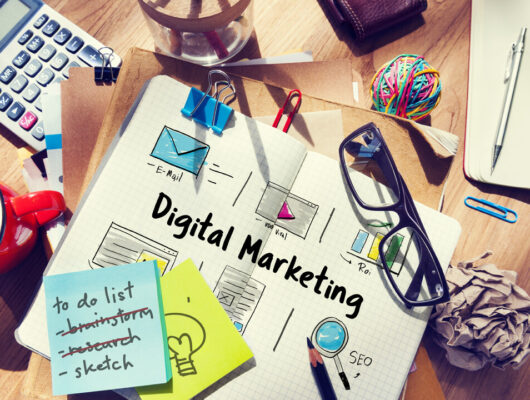In the competitive world of e-commerce, Pay-Per-Click (PPC) advertising has become a go-to strategy for businesses looking to boost their online presence, drive targeted traffic, and increase sales.
Leveraging the power of platforms like Google Ads and social media advertising, e-commerce PPC can be a game-changer when executed effectively.
In this article, we’ll explore the significance of e-commerce PPC and strategies to make it work for your online store.
Understanding E-commerce PPC
E-commerce PPC, or pay-per-click advertising for e-commerce, is a digital marketing strategy where advertisers pay a fee each time one of their ads is clicked.
These ads appear on search engines, social media platforms, and other websites and are designed to drive traffic to the advertiser’s online store.
When done right, e-commerce PPC can deliver a substantial return on investment (ROI) and maximize sales.
The Significance of E-commerce PPC
- Targeted Advertising: E-commerce PPC allows businesses to target their ads to specific demographics, interests, and search queries, ensuring that they reach the right audience with a higher likelihood of converting.
- Immediate Results: Unlike some other marketing strategies that require time to gain traction, PPC can deliver almost immediate results. You can set up campaigns, run ads, and start seeing traffic within a short time frame.
- Measurable ROI: E-commerce PPC provides robust data and analytics, allowing you to track and measure the performance of your campaigns. This data-driven approach empowers you to make informed decisions to improve ROI.
- Cost Control: With PPC, you have control over your budget. You can set daily or monthly spending limits and adjust them as needed. This flexibility ensures you stay within your budget while maximizing results.
- Enhanced Brand Visibility: PPC ads can boost your brand’s visibility in search engine results and on social media platforms, making your e-commerce store more recognizable to potential customers.
Strategies for Effective E-commerce PPC
- Keyword Research: Thorough keyword research is the foundation of successful e-commerce PPC. Identify the keywords that are relevant to your products and have a reasonable search volume. Use tools like Google Keyword Planner to assist in your research.
- Compelling Ad Copy: Craft persuasive and concise ad copy that highlights the unique selling points of your products. Include keywords in your ad copy to make it more relevant to users’ search queries.
- Landing Page Optimization: Ensure that the landing page your ads direct users to is optimized for conversions. It should load quickly, be mobile-friendly, and provide a seamless shopping experience.
- Ad Extensions: Utilize ad extensions to provide additional information about your products, such as pricing, location, or callout extensions that emphasize free shipping or discounts.
- A/B Testing: Continuously test different ad variations, including headlines, descriptions, and images, to identify what resonates best with your audience. A/B testing can help refine your ad campaigns over time.
- Retargeting: Implement retargeting campaigns to re-engage users who have visited your website but didn’t make a purchase. Remind them of the products they viewed or abandoned in their cart.
- Optimize for Mobile: With the increasing use of mobile devices for online shopping, ensure your PPC campaigns are optimized for mobile users. Use responsive ad formats and ensure your website is mobile-friendly.
- Ad Budget Allocation: Allocate your budget strategically, focusing more resources on products or campaigns that generate the best results. Regularly review and adjust your budget to optimize spending.
- Quality Score: Pay attention to your Quality Score in Google Ads. A higher Quality Score can lead to lower costs per click (CPC) and better ad placement.
- Continuous Monitoring and Optimization: Keep a close eye on the performance of your PPC campaigns. Regularly review data, make adjustments, and optimize your strategies to improve ROI.
In conclusion, e-commerce PPC is a potent tool for online retailers looking to increase sales and brand visibility.
By conducting thorough research, crafting compelling ad copy, and employing data-driven strategies, your e-commerce store can leverage PPC advertising to reach the right audience, drive conversions, and maximize ROI in the digital marketplace.






